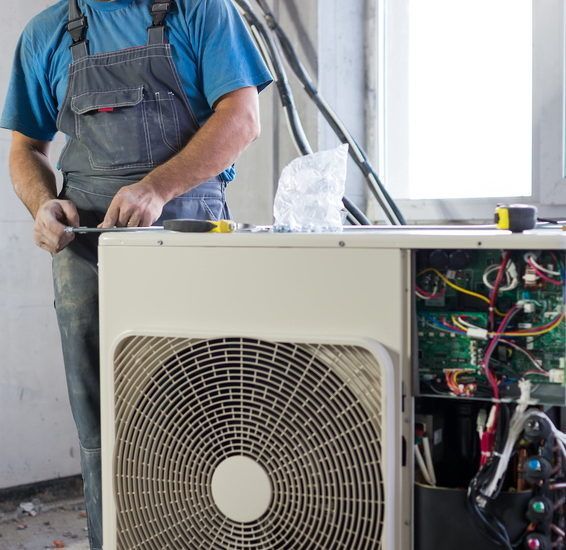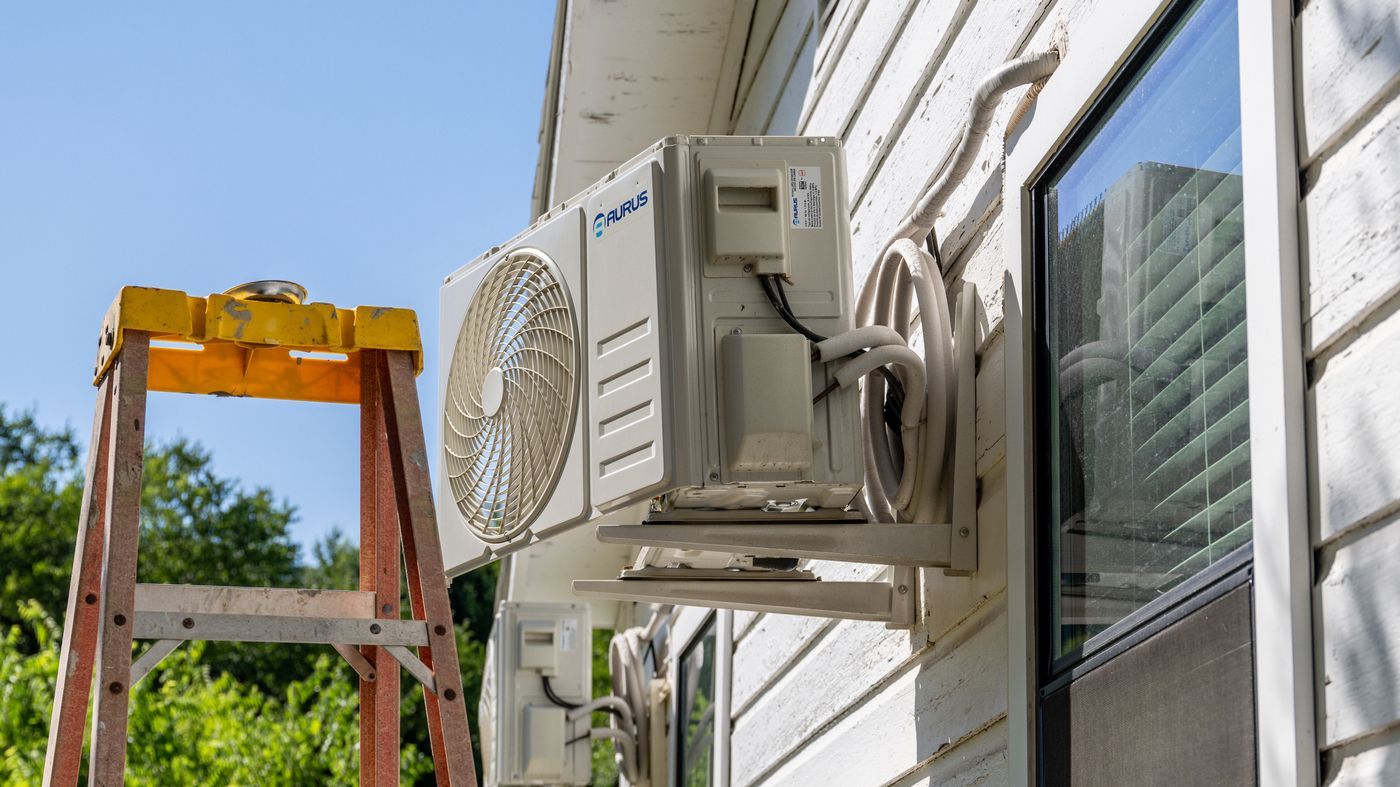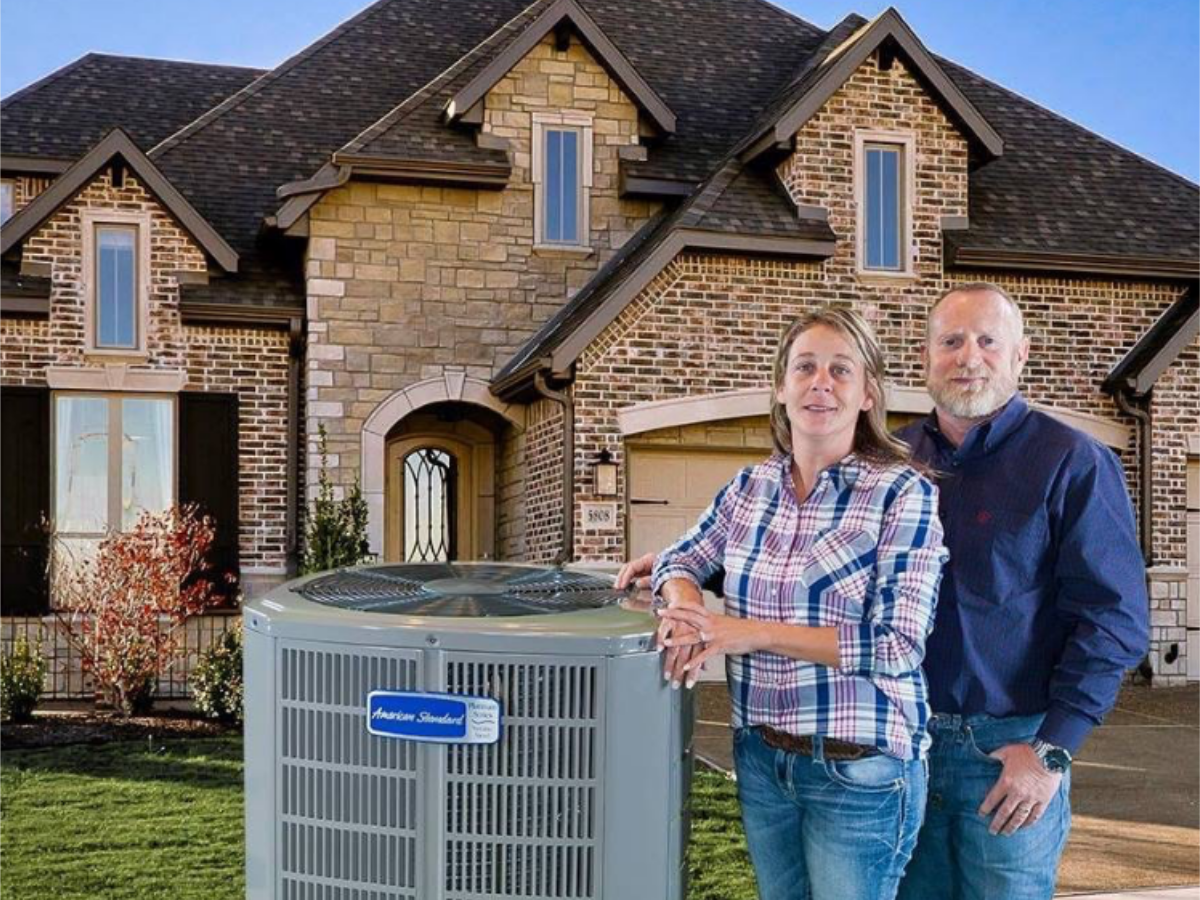The Role of Indoor Air Quality in Your Health
What Is Indoor Air Quality (IAQ)?
Indoor air quality refers to the cleanliness and healthiness of the air inside buildings, especially as it relates to the health and comfort of the occupants. Several factors can affect IAQ, including pollutants like dust, allergens, mold, chemicals from household products, and even gasses like carbon monoxide or radon.
One important point to note is that indoor air is often more polluted than outdoor air, according to the Environmental Protection Agency (EPA). This may come as a surprise, especially for people who spend much of their time indoors. In fact, the EPA reports that the concentrations of some pollutants indoors are often 2 to 5 times higher than typical outdoor concentrations. Poor indoor air quality can contribute to a range of health issues, from short-term irritation to long-term chronic conditions.
Why Is IAQ So Important for Your Health?
Breathing is something we do automatically, but the air we inhale can either nourish or harm our bodies. Poor indoor air quality can exacerbate or even cause numerous health problems, particularly for vulnerable groups such as children, the elderly, and people with pre-existing conditions like asthma or allergies.
Let’s break down some of the key ways in which IAQ impacts health:
1. Respiratory Health
One of the most direct effects of poor indoor air quality is its impact on your respiratory system. Dust, pet dander, pollen, and mold spores are common indoor allergens that can cause respiratory irritation, especially in people with asthma or allergies. Symptoms might include coughing, wheezing, and shortness of breath. Long-term exposure to airborne pollutants can contribute to the development of respiratory diseases such as chronic obstructive pulmonary disease (COPD) or bronchitis.
2. Cardiovascular Health
Though it’s less commonly discussed, there’s a strong link between air pollution and cardiovascular health. Research has shown that prolonged exposure to air pollutants can increase the risk of heart attacks, strokes, and other heart-related issues. The fine particulate matter found in indoor air, such as from cooking or smoking indoors, can enter the bloodstream and lead to inflammation, increased blood pressure, and other cardiovascular problems.
3. Cognitive and Mental Health
Have you ever noticed feeling fatigued, unfocused, or even irritable after spending long hours indoors? Poor indoor air quality could be the culprit. High levels of carbon dioxide, volatile organic compounds (VOCs), and other indoor pollutants can reduce cognitive performance, making it harder to concentrate, problem-solve, or even feel alert. Moreover, some studies suggest that chronic exposure to poor air quality may contribute to mental health issues like anxiety and depression.
4. Immune System and Allergies
Allergens, bacteria, and viruses can circulate in indoor air, putting stress on your immune system. A compromised immune system makes you more susceptible to catching colds, the flu, or other illnesses. In addition, mold and mildew can produce mycotoxins, which can weaken your immune system over time and lead to more severe health issues, such as fungal infections or even neurological problems.
Sources of Poor Indoor Air Quality
Understanding the sources of indoor air pollution is the first step toward improving IAQ. Some of the most common culprits include:
- Dust and allergens: These tiny particles can accumulate in your home from human skin, pet fur, and outdoor dirt.
- Household chemicals: Cleaning supplies, air fresheners, and paints often release VOCs, which can contribute to respiratory irritation and other health problems.
- Mold and mildew: Damp areas in your home, such as bathrooms and basements, are breeding grounds for mold, which can cause allergic reactions and respiratory issues.
- Poor ventilation: Lack of proper air circulation can trap pollutants indoors, making the air more stale and potentially harmful.
- Carbon monoxide and radon: Both of these gasses can have serious health impacts. Carbon monoxide poisoning can be fatal in high concentrations, while long-term exposure to radon is linked to lung cancer.
- Smoke: Whether from tobacco products or cooking, smoke introduces harmful chemicals and particulate matter into the indoor environment.
Improving Indoor Air Quality: Steps You Can Take
The good news is that improving your indoor air quality is entirely possible with a few key changes. Here are some actionable tips to help you and your family breathe easier:
1. Invest in Air Purification Systems
Air purifiers can significantly improve indoor air quality by removing harmful particles such as dust, allergens, and even some bacteria and viruses. There are several types of air purifiers available, including HEPA filters, which are highly effective at capturing tiny airborne particles.
2. Maintain Your HVAC System
Your heating, ventilation, and air conditioning (HVAC) system plays a major role in maintaining IAQ. Regular maintenance, such as changing air filters and cleaning ducts, ensures that the air circulating in your home is clean and free from contaminants. If you’re unsure about how to maintain your HVAC system, consult a professional to inspect and clean it for you.
At Premier Air & Electric, we specialize in HVAC maintenance that promotes better indoor air quality. Our technicians can evaluate your current system and recommend improvements tailored to your specific needs.
3. Ventilate Properly
Proper ventilation is essential for maintaining good indoor air quality. Open windows regularly to let fresh air circulate, especially when cooking or using chemicals. You can also install exhaust fans in areas like the kitchen and bathroom to reduce the concentration of pollutants in the air.
4. Control Humidity
High humidity levels can promote the growth of mold and mildew, both of which can seriously impact indoor air quality. Using dehumidifiers in damp areas of your home can help control moisture levels and prevent the growth of harmful organisms.
5. Use Natural Cleaning Products
Consider switching to natural cleaning products that don’t release harmful chemicals into the air. There are many eco-friendly and non-toxic options available that clean effectively without compromising your indoor air quality.
6. Monitor Indoor Air Quality
You can’t always see or smell poor air quality, which is why monitoring systems are so useful. Devices that track levels of carbon dioxide, VOCs, humidity, and particulate matter can give you real-time feedback on the quality of your indoor air and alert you to potential issues before they become harmful.
When to Seek Professional Help
If you’ve implemented these solutions but still notice poor indoor air quality, or if you’re unsure how to address specific concerns like mold or gas leaks, it may be time to consult a professional. A thorough inspection by a licensed HVAC technician can identify the root cause of air quality issues and provide targeted solutions.
At Premier Air & Electric, we understand the importance of indoor air quality for your health and well-being. Our experienced team can help you with everything from HVAC maintenance to air purifier installations. Don’t leave the air you breathe to chance—let us improve your indoor air quality so you can live healthier and more comfortably.




